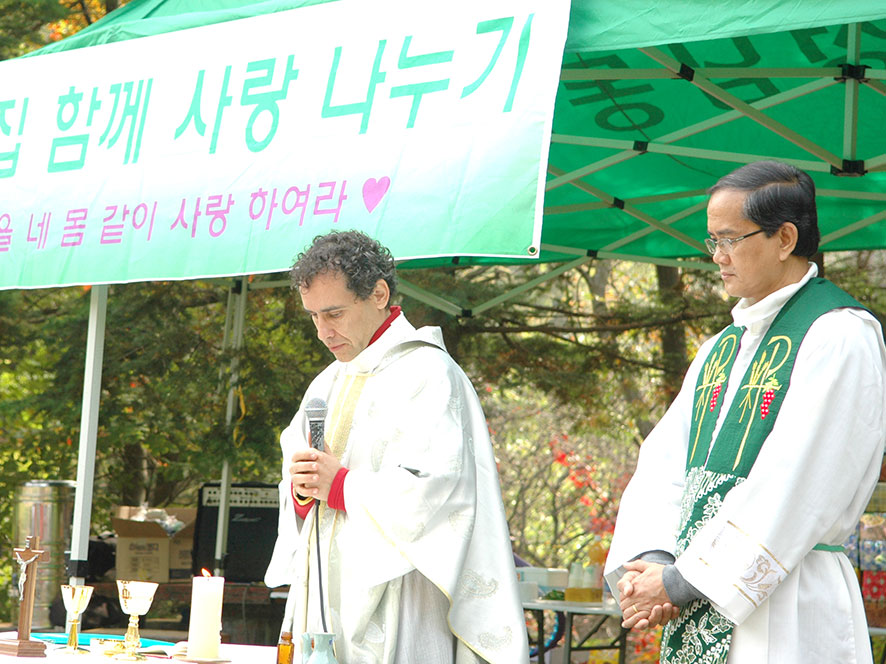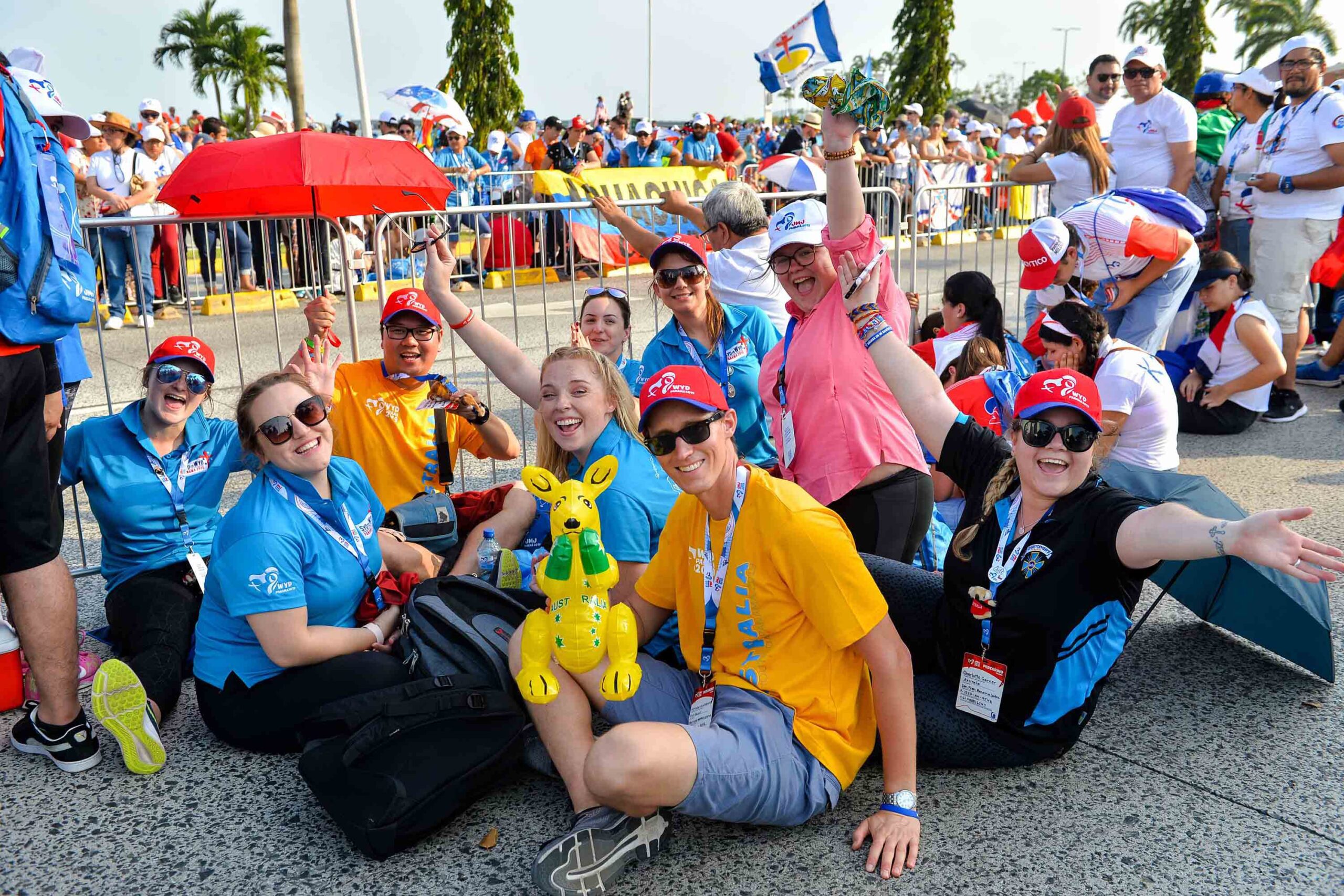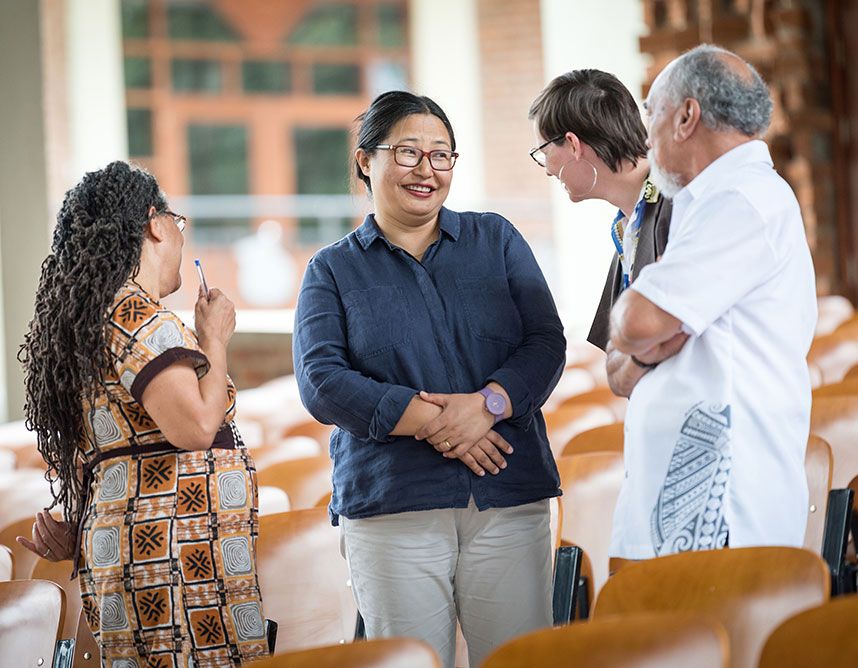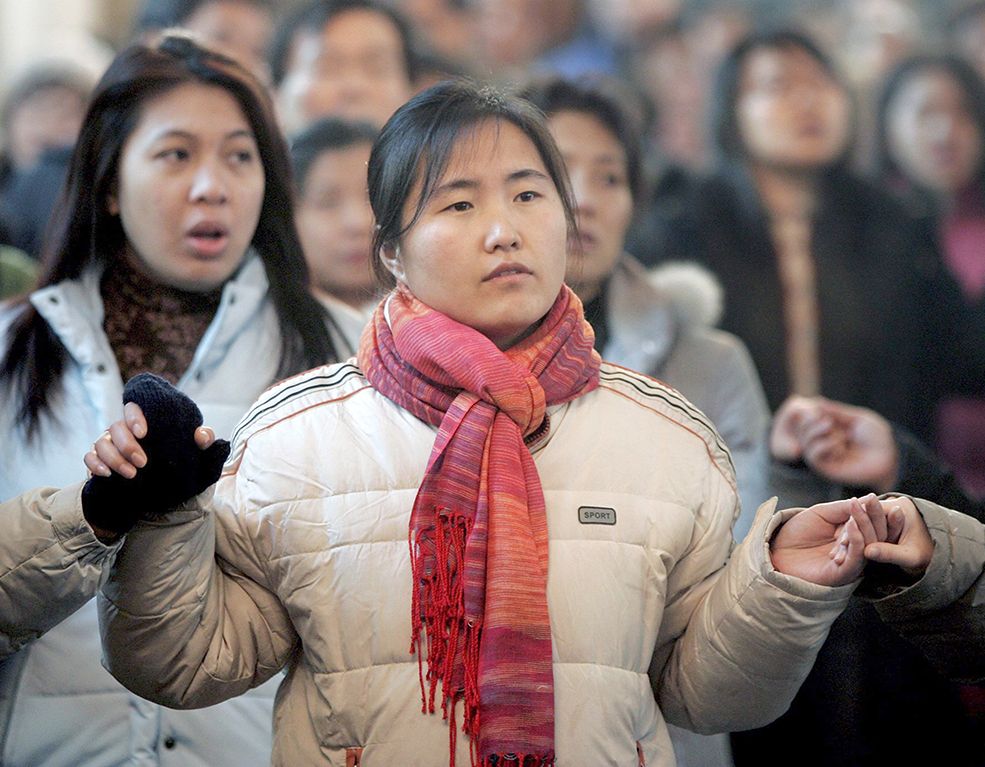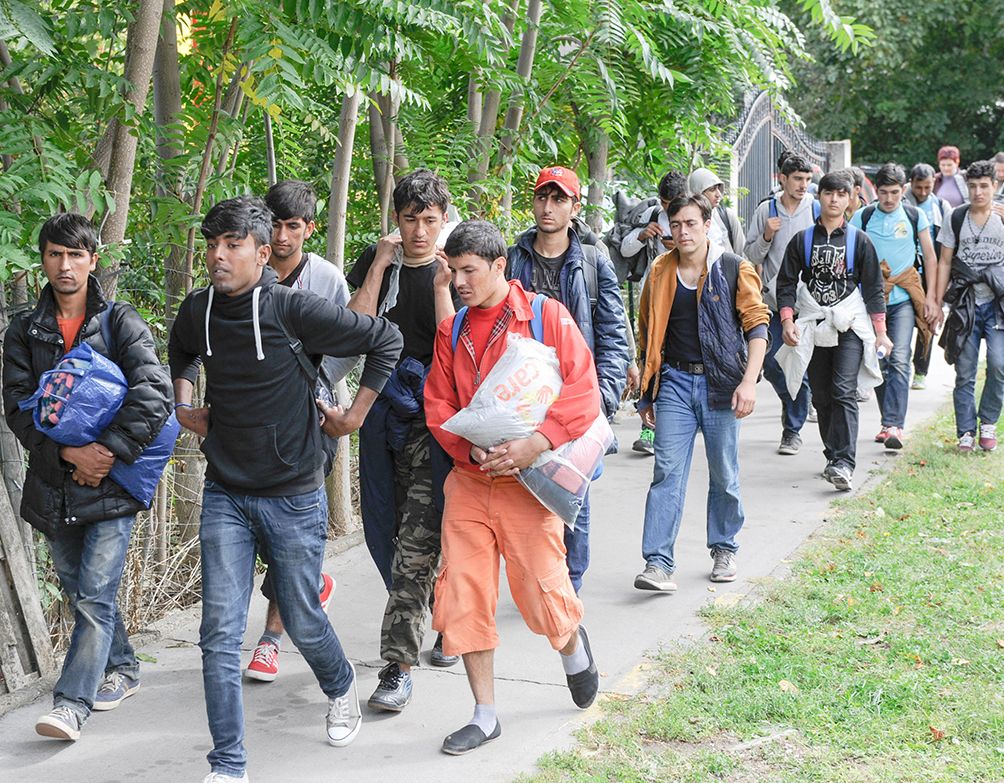He has lived and worked as a missionary in South Korea since 1993. “Anna’s House”, the most important institution he founded in 1998, is celebrating its 25th founding anniversary this year.
“I would like to use this anniversary,” he told Fides, “to remind Korean society of the reality of the poor and to help volunteers grow in this dimension of service to others. I would also like it to be an occasion to collect donations: “We live 50% from government subsidies and 50% from free donations, according to God’s providence.”
With the aim of expanding support for the work of “Anna’s House” in Seong-nam, on the outskirts of Seoul, Father Bordo has completed the translation into Italian and printing of the book he published in Korea in 2021 entitled The Love that Nourishes.
WORK OF MERCY
From the beginning, Father Bordo understood his mission as a “work of mercy” to feed, comfort, and be close to the poor. From 1998 to March 2022, the “Anna’s House” facilities served more than three million meals, guaranteed 21,000 health interventions, performed 1,000 dental treatments, provided 6,000 psychiatric consultations and treatments, and provided 700 legal consultations. Additionally, they provided personal hygiene service, organized the distribution of clothes, and offered “a lot of respect and love for the people who live on the streets of a rich but often neglectful city.”
“The poor need to be seen,” he says. When asked why the OMI missionaries came to South Korea, an economically developed country rich in clergy, Father Bordo answered, “Because we are the missionaries of the poor.” “But there are no poor people here,” people often reply to him. “It is not that the poor are not there,” writes Korean Cardinal Lazzaro You Heung-sik, now Prefect of the Dicastery for the Clergy, in the preface to Father Bordo’s book, “it is rather that people did not want to see them. To see the excluded requires a gaze of faith and love. This is the way our Oblates look at our country.”
Based on the needs identified in the region, Father Vicenzo’s work focused, among other things, on combating illiteracy. The missionary founded an evening school for adults who learned to read and write there. In Seong-Nam City, the community also claimed there were no homeless people or people living on the streets.
Father Vincent began meeting with some of them on his own initiative and soon welcomed over 200, many of them teenagers, and began a dyslexia support program in 2002. Authorities claimed that a home for street children was a useless facility because there were no street children. Already in 1998, the missionary welcomed more than 20 boys and girls into his home, sent them to school, helped them find jobs and, with the help of a team of volunteers and psychologists, tried to ensure their full reintegration into society.
“The most eloquent evangelization occurs when we live charity,” notes Cardinal Lazarus You Heung-sik, “for the Gospel is proclaimed not only through preaching, but, above all, through a life expressed through gestures of closeness, compassion, love that allows a glimpse of the face of God and the beauty of his call.”
“When we look at the early community of Jerusalem,” the cardinal continued, “we can see three main pillars: they all live the Word of God; they put everything together until they are one heart and one soul; they support the poorest people who are in difficulty. I have seen this living Church in the initiatives by Father Vincenzo Bordo in my home country of Korea. It seems a distant world, but the witness of charity that is lived there can be an example for all Christian communities.”
MANY VOLUNTEERS
The missionary was able to involve many volunteers to assist him in his works of charity. Today, many Koreans have dedicated themselves to caring for the poorest, taking the opportunity to give themselves to others.
As he explains in the book, the motivation for his actions is to see Jesus Christ himself in every poor person. “Whatever you did for one of these least brothers of mine, you did for me” (Matthew 25, 40), says Jesus in the Gospel. “Everyone in need is not just a poor person who needs support, but a sister and brother who needs to be helped. Every person is unique and needs to be welcomed, cared for and loved. Every person is Jesus,” explains the missionary.
The book, which has just been published in Italian and describes the missionary work of the Italian priest, is therefore “an extraordinary witness of faith and love. It is not only a report of charity at work, but also of the mystery that nourishes charity: silent and long prayer, constant reading and meditation of the Word of God. The witness of a living and active faith that knows how to care for others is the royal path of evangelization even in today’s world,” concludes Cardinal You Heung-sik.

